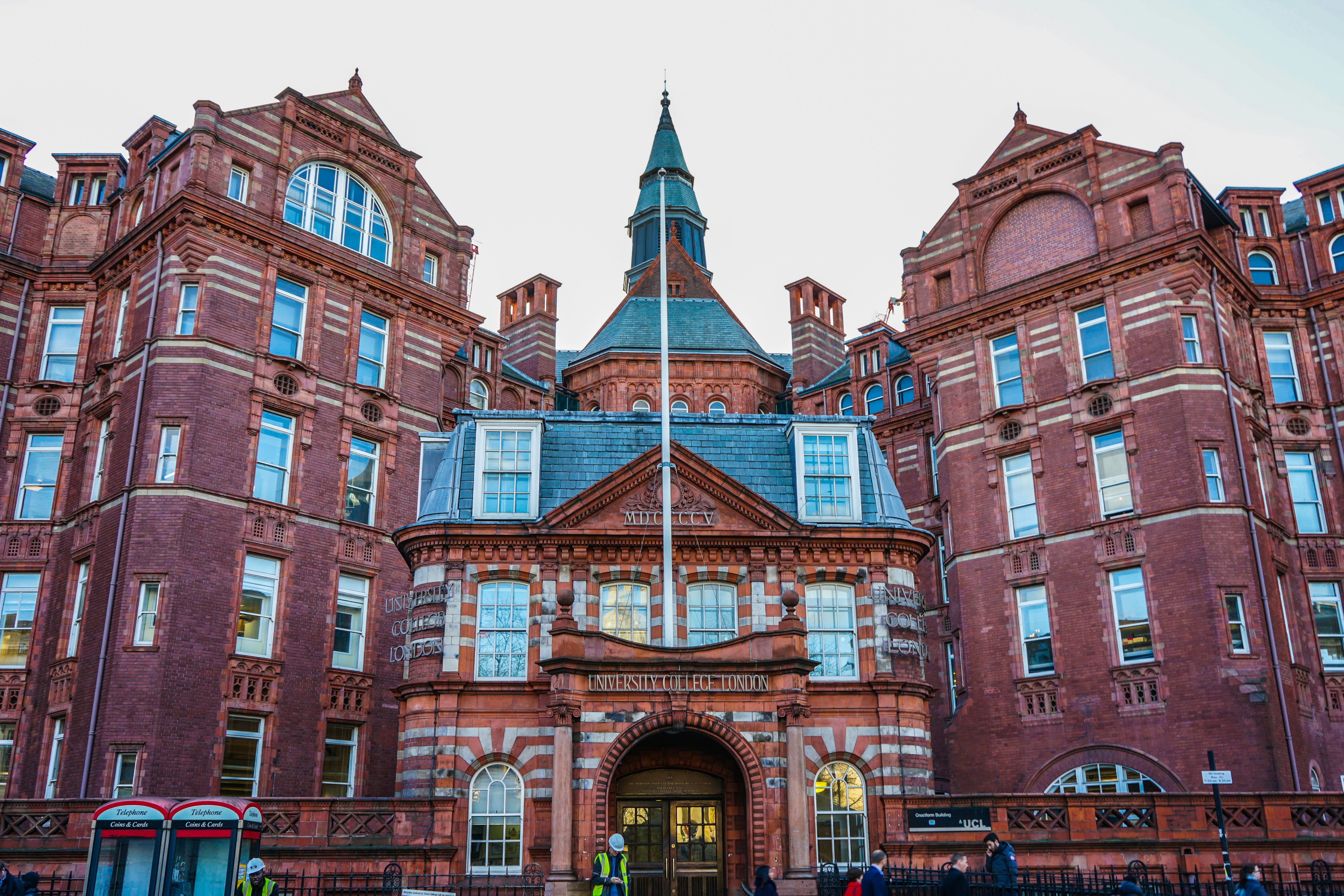About University
Established in 1826, as London University, by founders inspired by the radical ideas of Jeremy Bentham, UCL was the first university institution to be established in London, and the first in England to be entirely secular and to admit students regardless of their religion. UCL also makes contested claims to being the third-oldest university in England and the first to admit women. In 1836, UCL became one of the two founding colleges of the University of London, which was granted a royal charter in the same year. It has grown through mergers, including with the Institute of Ophthalmology (in 1995), the Institute of Neurology (in 1997), the Royal Free Hospital Medical School (in 1998), the Eastman Dental Institute (in 1999), the School of Slavonic and East European Studies (in 1999), the School of Pharmacy (in 2012) and the Institute of Education (in 2014).
Popular For
University College London (UCL) is renowned worldwide as one of the UK's leading research-intensive universities and a founding member of the federal University of London. Established in 1826, UCL was the first university in England to admit students regardless of religion, class, or gender, setting a precedent for inclusivity in higher education. Today, it ranks consistently among the top 10 global universities, celebrated for its innovative teaching, groundbreaking research, and vibrant multicultural community of over 50,000 students from more than 150 countries.
Academic Excellence and Key Strengths
UCL excels in a diverse array of disciplines, producing leaders and innovators across fields. It is particularly famous for:
- Medicine and Life Sciences: UCL's medical school, part of the Faculty of Medical Sciences, is one of the oldest and most prestigious, contributing to advancements like the discovery of the electrolyte composition of blood plasma.
- Engineering and Technology: Renowned for cutting-edge programs in computer science, AI, and sustainable engineering, with strong industry ties to tech giants like Google and Microsoft.
- Social Sciences and Humanities: Leading in areas like economics, law, and architecture, with the Bartlett School of Architecture often topping global rankings.
- Arts and Built Environment: Home to world-class museums and galleries, including the Petrie Museum of Egyptian Archaeology.
Research and Innovation
UCL is a powerhouse in research, with over 11,000 staff and students engaged in projects that address global challenges. It boasts 29 Nobel laureates among its alumni and faculty, including pioneers like Alexander Graham Bell and Francis Crick, co-discoverer of DNA's structure. The university's Grand Challenges initiative focuses on sustainability, human wellbeing, and cultural understanding, fostering interdisciplinary collaborations.
Notable Alumni and Impact
UCL's influence extends far beyond academia. Famous graduates include:
| Alumnus | Contribution |
|---|---|
| Mahatma Gandhi | Leader of India's independence movement |
| Coldplay's Chris Martin | Musician and philanthropist |
| Alexander Graham Bell | Inventor of the telephone |
Located in the heart of London, UCL offers a dynamic urban campus with access to cultural landmarks, enhancing its appeal for experiential learning. Its commitment to societal impact makes it a top choice for ambitious students seeking to make a difference.
1826
Established
#9
Ranking
51+
Courses Available
Need Help with University College London?
Our expert counselors can guide you through the university application process and help you maximize your university opportunities.
Contact Us

